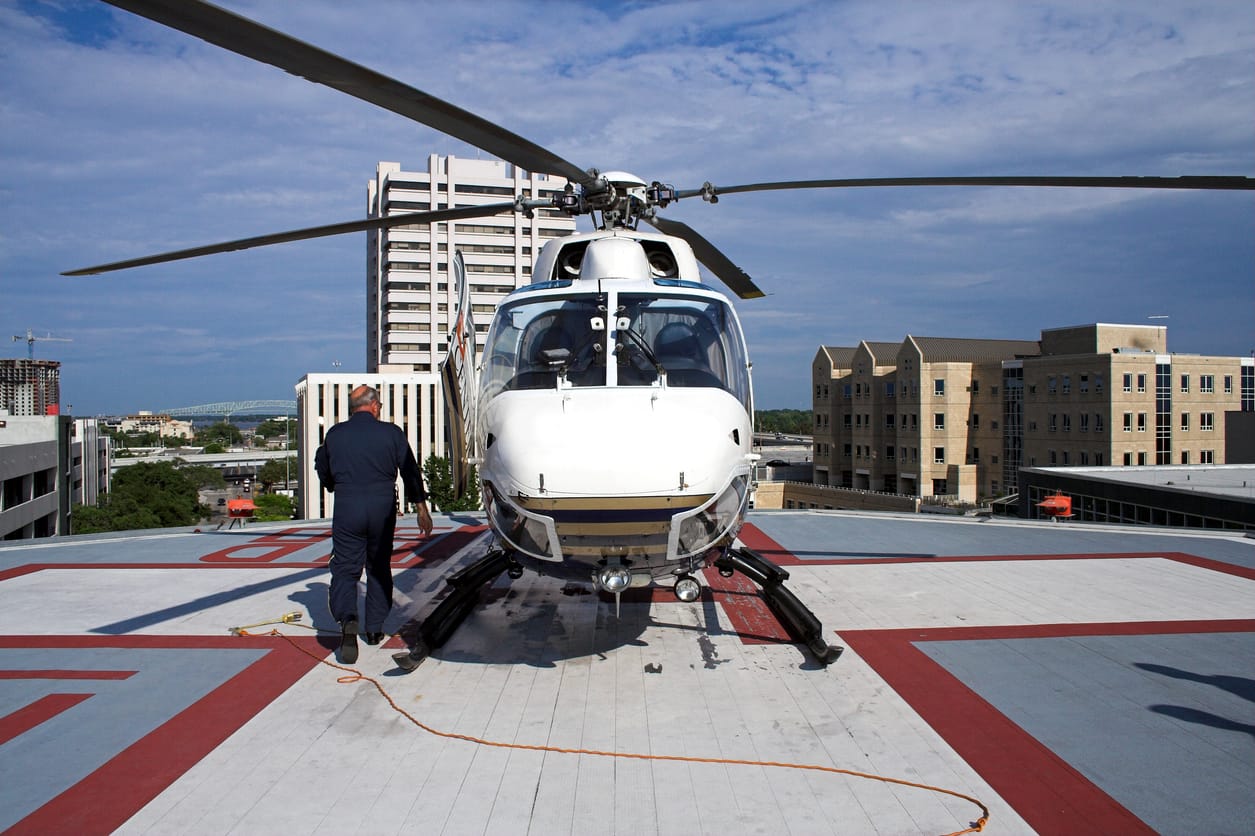
Flight nursing is a specialized and dynamic field within healthcare that combines the challenges of critical care with the unique demands of aeromedical transport. As frontline responders in air ambulance operations, flight nurses play a crucial role in providing life-saving care to patients during medical emergencies.
In this guide, we'll explore the exciting world of flight nursing, covering everything from the requirements and training to the salary prospects and steps to embark on this thrilling career path.
What is a flight nurse?
A flight nurse is a registered nurse (RN) with specialized training in critical care and aeromedical transport. These highly skilled professionals are responsible for delivering advanced medical care to patients during air ambulance missions, including interfacility transfers and emergency medical evacuations.
Flight nurse salary: How much do they make?
According to ZipRecruiter, on average, flight nurses in the United States earn an average annual salary of $109,709, or $53 an hour. Flight nurse salaries vary depending on factors such as location, employer, experience, and additional certifications.
How to become a flight nurse: Requirements and training
Becoming a flight nurse requires a combination of education, experience, and specialized training. Here's a step-by-step guide to pursuing a career in this field:
- Earn Your Nursing Degree: Start by obtaining a Bachelor of Science in Nursing (BSN) degree from an accredited nursing program. While an Associate Degree in Nursing (ADN) may suffice for some entry-level nursing positions, a BSN is typically preferred for flight nursing roles due to its emphasis on critical thinking and leadership skills.
- Gain Clinical Experience: Acquire experience working in critical care settings such as intensive care units (ICUs), emergency departments (EDs), or trauma centers. Flight nursing often requires a strong foundation in critical care nursing to manage complex medical conditions in high-pressure environments.
- Obtain Licensure: After completing your nursing education, pass the National Council Licensure Examination for Registered Nurses (NCLEX-RN) to become a licensed registered nurse in your state.
- Acquire Certifications: Pursue certifications relevant to flight nursing, such as the Certified Flight Registered Nurse (CFRN) credential offered by the Board of Certification for Emergency Nursing (BCEN). Other certifications, such as Advanced Cardiac Life Support (ACLS) and Pediatric Advanced Life Support (PALS), are also highly recommended.
- Complete Aeromedical Training: Enroll in specialized training programs designed for flight nurses, which cover topics such as aeromedical physiology, aviation safety, patient stabilization, and in-flight emergency management. Many air ambulance companies and hospitals offer comprehensive training programs for their flight nursing staff.
- Gain Experience in Transport Nursing: Seek opportunities to gain experience in transport nursing by working in roles such as a ground-based critical care transport nurse or as part of a hospital-based transport team. This experience will help you familiarize yourself with the unique challenges of medical transport and prepare you for the demands of flight nursing.
- Apply for Flight Nursing Positions: Once you have met the necessary requirements and obtained the relevant certifications and training, start applying for flight nursing positions with air ambulance companies, hospital-based flight programs, or government agencies.
Is the role of flight nurse right for you?
Flight nursing is a challenging yet immensely rewarding career that offers the opportunity to make a significant impact on the lives of patients in critical need of medical care. With dedication, specialized training, and a passion for excellence in patient care, aspiring flight nurses can embark on a fulfilling journey in aeromedical transport, serving as vital members of interdisciplinary healthcare teams and providing lifesaving interventions in the air. If you're ready to soar to new heights in your nursing career, consider pursuing the exciting path of flight nursing.
Want to learn about other in-demand healthcare professions? Explore more professions with shifts offered through the CareRev App.




